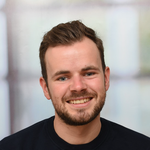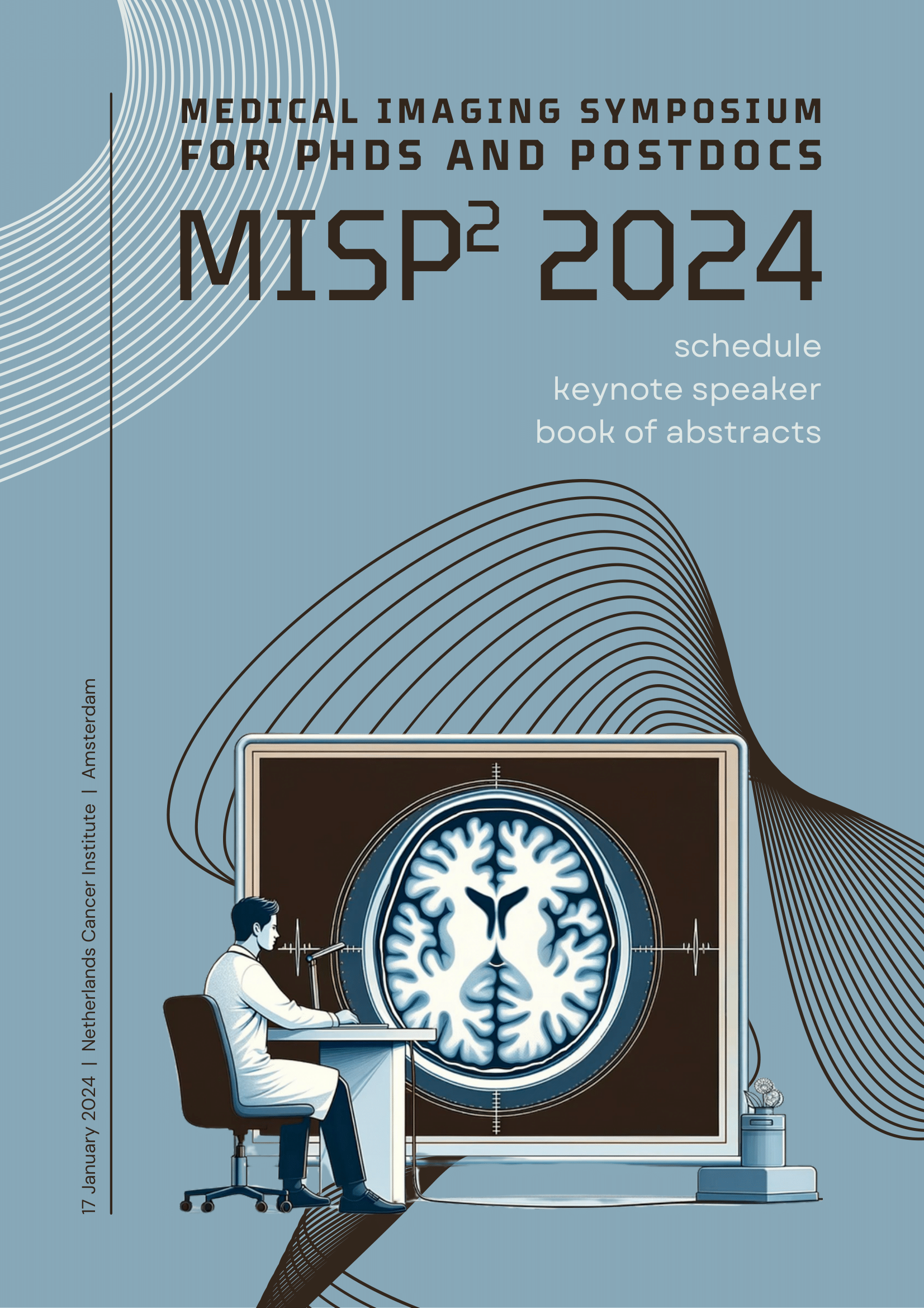Edition 2024
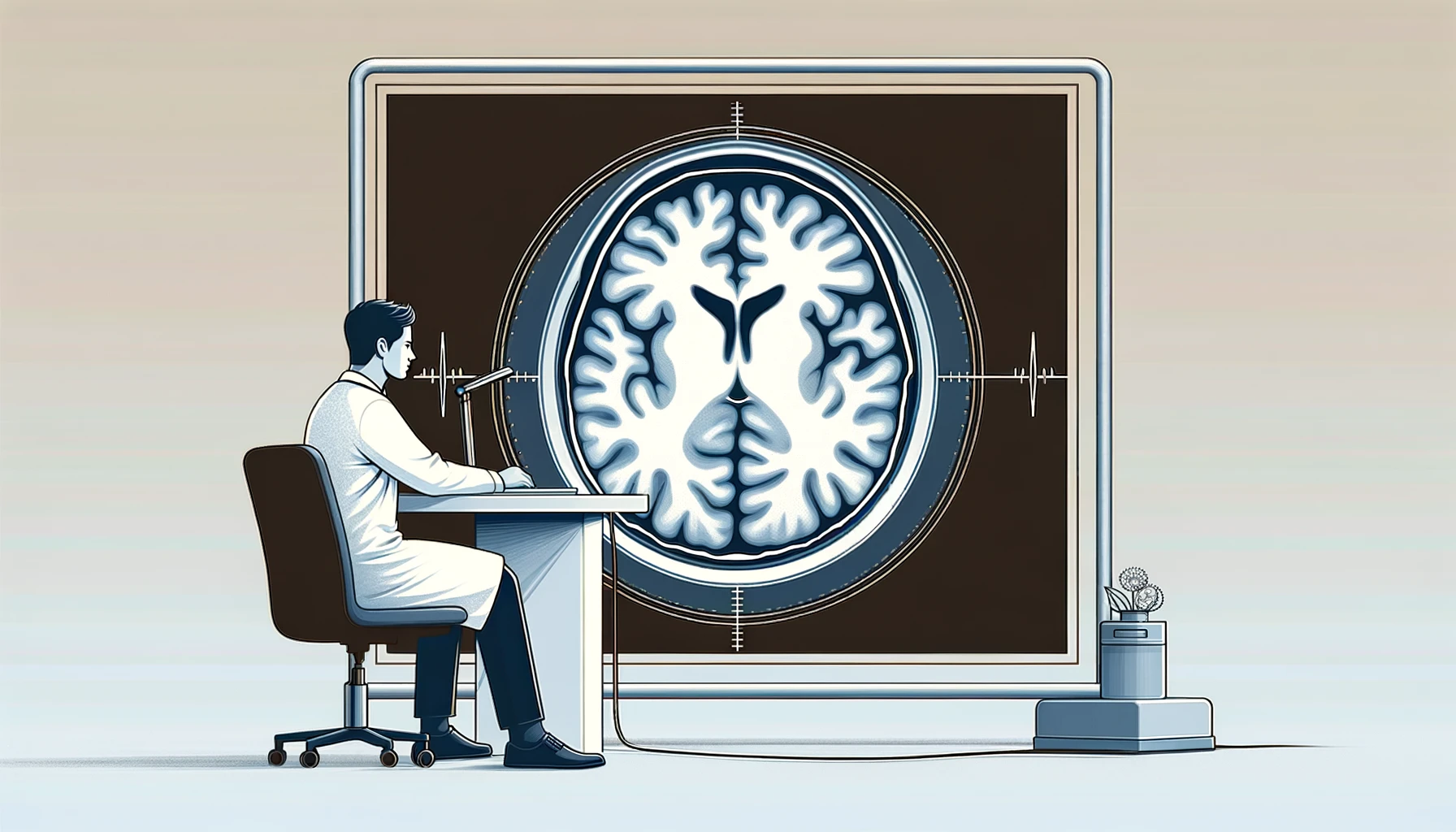
MISP²: 17 January 2024, Amsterdam
MISP, traditionally an annual symposium for Netherlands-based PhD students in medical imaging, is making a comeback. Interrupted by lockdowns, it returns as MISP², now also including postdoctoral researchers. This event serves as a platform for networking and sharing your research, fostering collaboration and knowledge exchange in the medical imaging field.
The Medical Imaging Symposium for PhDs and Postdocs will take place on Wednesday 17 January 2024 in the Piet Borst Auditorium at the Netherlands Cancer Institute.
Abstract booklet
Organization
MISP² is organized by Andrey Zhylka, Joren Brunekreef, Sara Pires Oliveira, Marek Oerlemans (all at the Netherlands Cancer Institute).
Dr. Andrey Zhylka is a postdoctoral researcher with prof. Theo Ruers and dr. Jonas Teuwen, working on segmentation and registration tasks for abdomen surgery navigation using CT, ultrasound, and MRI. He obtained his PhD from the Eindhoven University of Technology in 2023, specializing in fiber tractography in Diffusion MRI for neurosurgery planning of brain tumor patients.
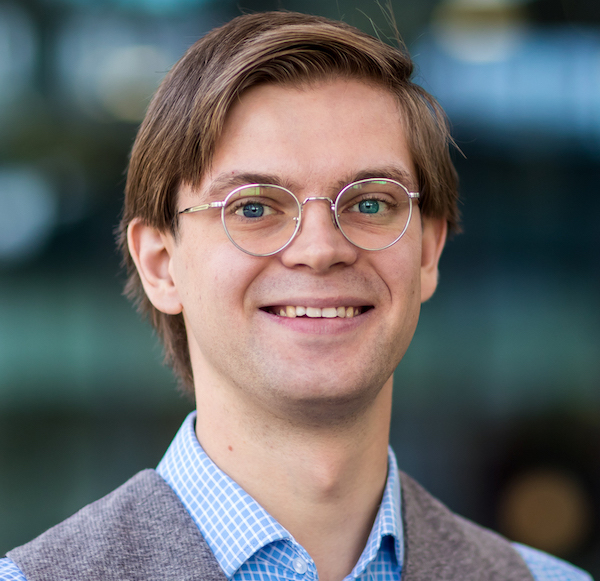
Dr. Joren Brunekreef works on developing AI methodology in the context of medical imaging, with a focus on uncertainty quantification for deep learning models. He is a postdoctoral researcher in the image-guided radiotherapy research group led by prof. Jan-Jakob Sonke and the AI for Oncology group led by dr. Jonas Teuwen. He obtained his PhD in 2023 from the Radboud University Nijmegen in the field of nonperturbative quantum gravity.
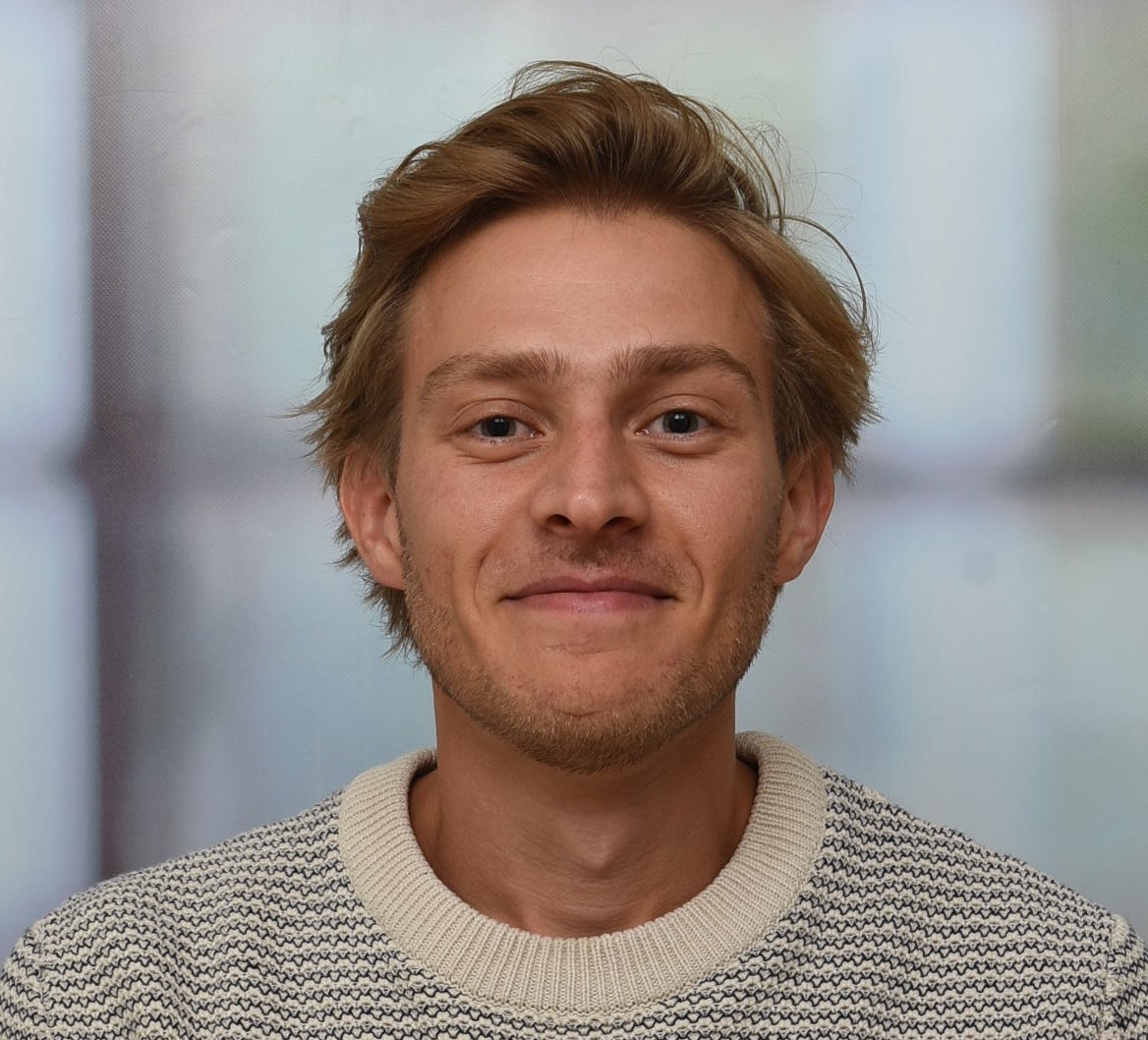
Dr. Sara Pires Oliveira is a postdoctoral researcher in the groups led by dr. Hugo Horlings and dr. Marleen Kok. With a background in biomedical engineering (MSc) and a PhD in computational pathology (University of Porto, 2022), Sara's work is focused on improving cancer (immuno)therapy through computational pathology, whole-slide image analysis, and machine learning.

Marek Oerlemans is a PhD student under the supervision of prof. Jelle Wesseling and dr. Jonas Teuwen. With a background in mathematics, Marek's research focuses on creating models for predicting invasive breast cancer following DCIS (Ductal Carcinoma in Situ). His work aims to contribute to the enhancement of treatment decisions, enhancing the precision and effectiveness of diagnostic processes using deep learning methods.
